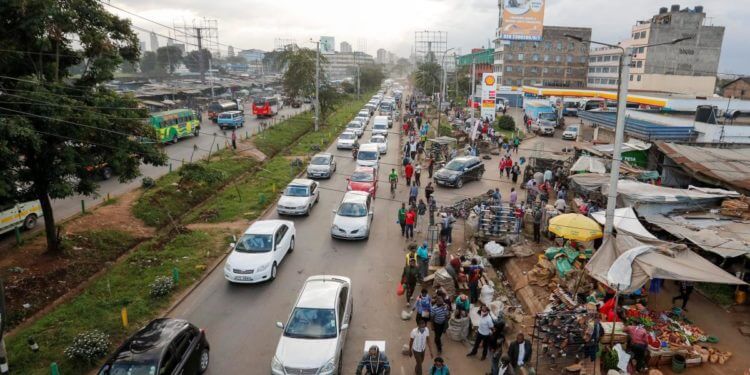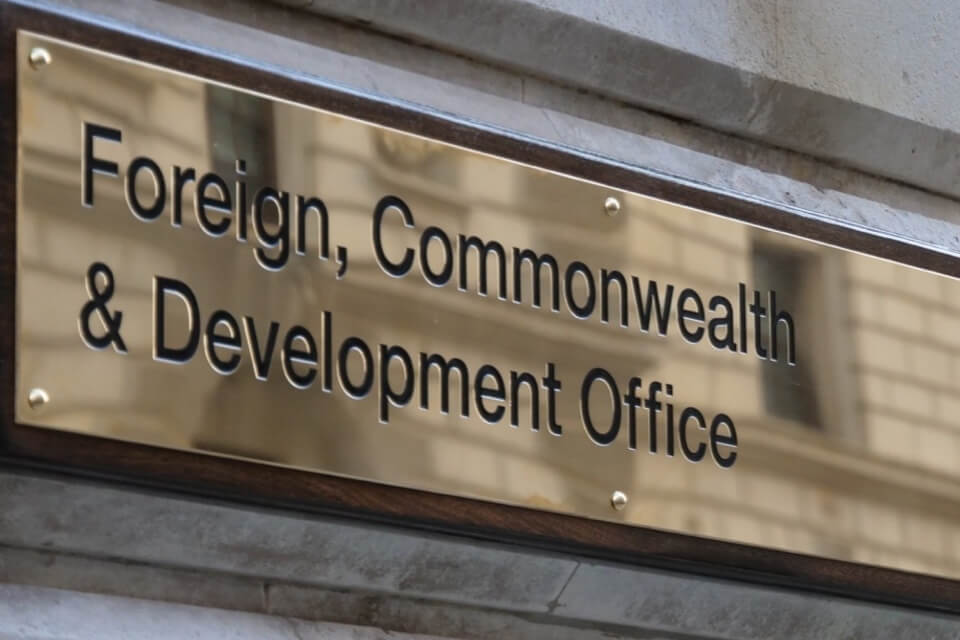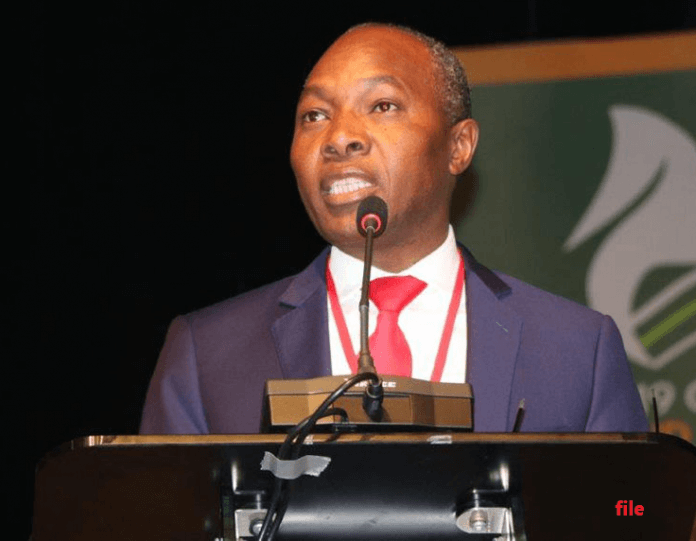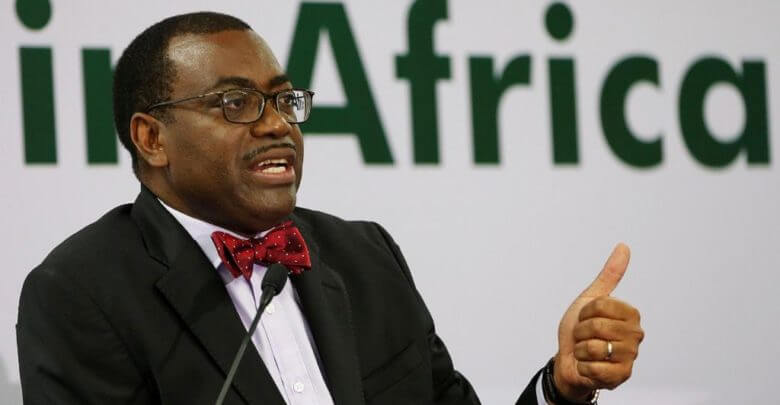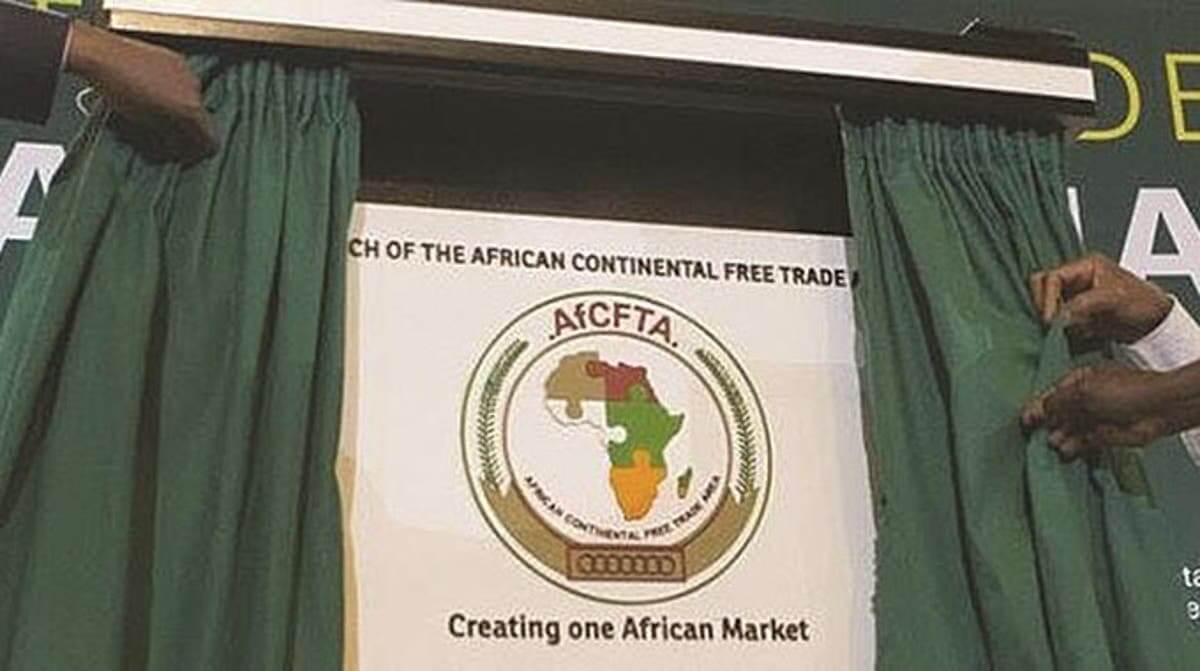JOHANNESBURG – AFRICAN delegates on the World Economic Forum (WEF) on Friday agreed that the continent might speed up the build-up of productive infrastructure via the African Continental Free Trade Area (AfCFTA). Ghana’s President Nana Addo Dankwa Akufo-Addo mentioned it was essential that Africa harnesses its personal resources and deploy them as creatively as potential if it was to supply an inclusive, sustainable recovery from the Covid-19 pandemic. Akufo-Addo mentioned Africa should return to macroeconomic stability and monetary accountability, and leverage quickly the use of digital applied sciences to reinforce our socio-economic lives. “The multilateral system is under strain, and we must do all that we can to generate the needed resources to achieve sustainable development,” Akufo-Addo mentioned. “We in Africa should make every effort to generate for ourselves the additional funds we need to advance, and hopefully our external partners – private and public – will lend their backing to the priorities we set.” AfCFTA is a key pillar for the area’s financial recovery and the world’s largest trade settlement, spanning a market of 1.3 billion folks and a gross dpmestic product of $3.4 trillion. Akufo-Addo echoed President Cyril Ramaphosa, who advised the digital WEF Davos Dialogues on Tuesday that South Africa had mobilised round $51 bn (R774bn) in new funding commitments during the last three years. Ramaphosa mentioned round one-fifth of the dedicated worth had already been invested in development and important gear for mining, manufacturing, telecoms and agriculture. “These interventions will enable South Africa to better realise...
WEF eyes benefits of an accelerated free trade area
Posted on: February 1, 2021
Posted on: February 1, 2021



